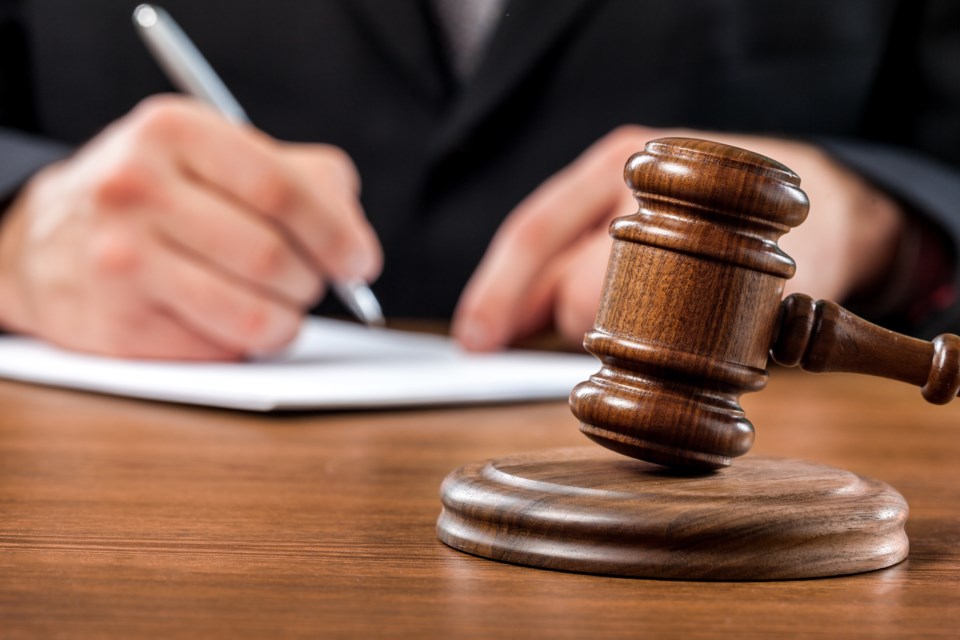Sections of a legally binding document that governs cities do not appear to hold much weight at city hall, considering it has done little to fix the Seventh Avenue Southwest Bridge in the past five years.
The City of Moose Jaw is obligated under sections 12 and 306 of The Cities Act — a provincial statutes document — to repair that bridge and make it accessible for the Avery and Thorn families, who require the structure to reach their homes near the Valley View Centre (VVC) complex, lawyer David Chow says in arguing on behalf of the families.
The Cities Act
Section 12 of the act deals with control of streets and says that “a city has the direction, control and management of all streets within the city.” Furthermore, the Lieutenant Governor in Council may, by order:
(a) direct that the whole or any part of any public highway or bridge not wholly within a city is subject to the direction, management and control of the council for the public use of the city; or
(b) in the case of an overriding provincial interest, direct a city to open any public highway that the city has closed pursuant to this act.
Under the Liabilities of Municipalities chapter, parts of section 306 state:
1) A city shall keep every street or other public place that is subject to the direction, control and management of the city, including all public works in, on or above the streets or other public place put there by the city or by any other person with the permission of the city, in a reasonable state of repair, having regard to:
(a) the character of the street, other public place or public work; and
(b) the area of the city in which the street, other public place or public work is located.
And:
(2) The city is liable for damage caused by failing to perform its duty pursuant to subsection (1).
The Moose Jaw Express is chronicling the families’ struggles with city hall over the closure of the Seventh Avenue Southwest Bridge by running a multi-part series on this situation. This is part 4 in the series. Click here for part 1, here for part 2 and here for part 3.
Duty to restore access
Not only does the municipality have a legal duty to restore access to the bridge, it must also formally apply to the provincial government to permanently close the Seventh Avenue Southwest roadway, said Chow. As far as Tim Avery and Jim Thorn are aware, city hall has never served noticed to the minister of Government Relations pursuant to section 15 (2) of the act to even temporarily close that roadway.
Both residents believe the closure in 2015 must have been considered temporary in nature. This is based on the fact city hall applied for provincial funding to repair or replace the bridge in that year after a flood damaged the structure for a second time.
“The fact the closure has persisted for approximately five years is unacceptable,” Chow said. “Temporary, by definition, cannot be indefinite or permanent.”
Urgency to reopen bridge
City council must pass a bylaw in accordance with the act to permanently close the roadway if it is unprepared to reopen the bridge to vehicle access, he continued. If that happens, though, both families would move to quash the bylaw in court.
There is an urgency to reopen the bridge so the residents to access their properties, since the provincial government has said they can continue to access their properties through the VVC complex only until July 31. After that, the province will erect a fence around the entire complex.
Carpere Canada, which purchased the property, will be under no legal obligation to supply access to Thorn or Avery, said Chow. As MLA Greg Lawrence made clear during an April 17 meeting between the families and city officials, no one will be permitted access over the property if the province demolishes the VVC’s buildings.
This multi-part series will continue.




